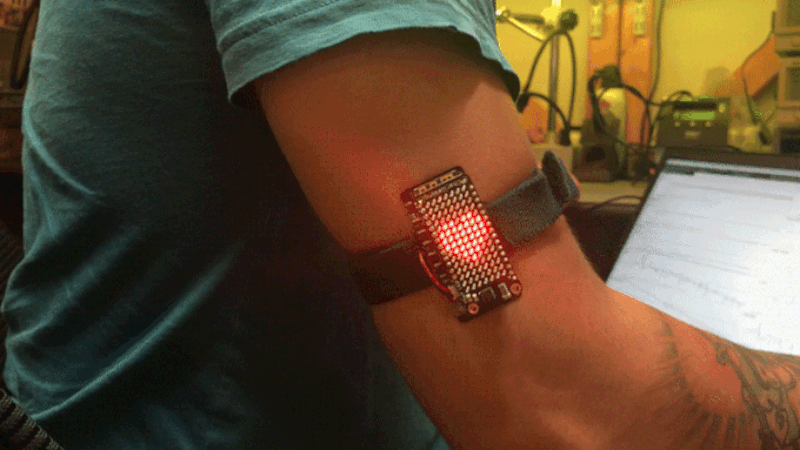Smartwatch AI predicts atrial fibrillation 30 minutes before it arrives
AI trained on simple heart rate data can predict an episode of the most common heart rhythm disorder, atrial fibrillation, 30 minutes in advance, new research has shown. With plans for it to be incorporated into a smartphone so it can analyze data from… Continue reading Smartwatch AI predicts atrial fibrillation 30 minutes before it arrives
